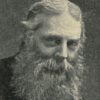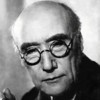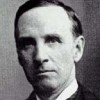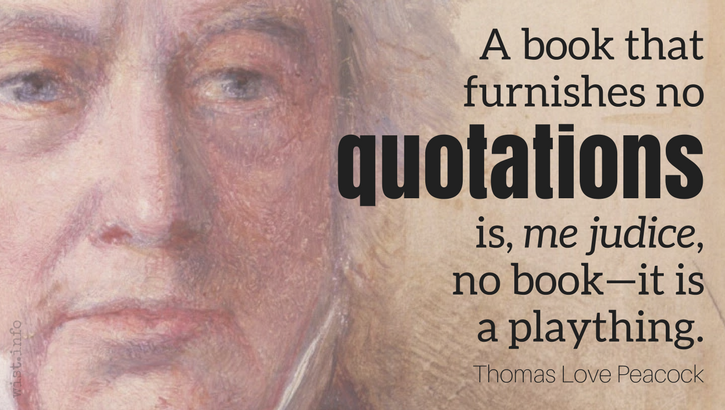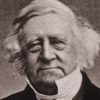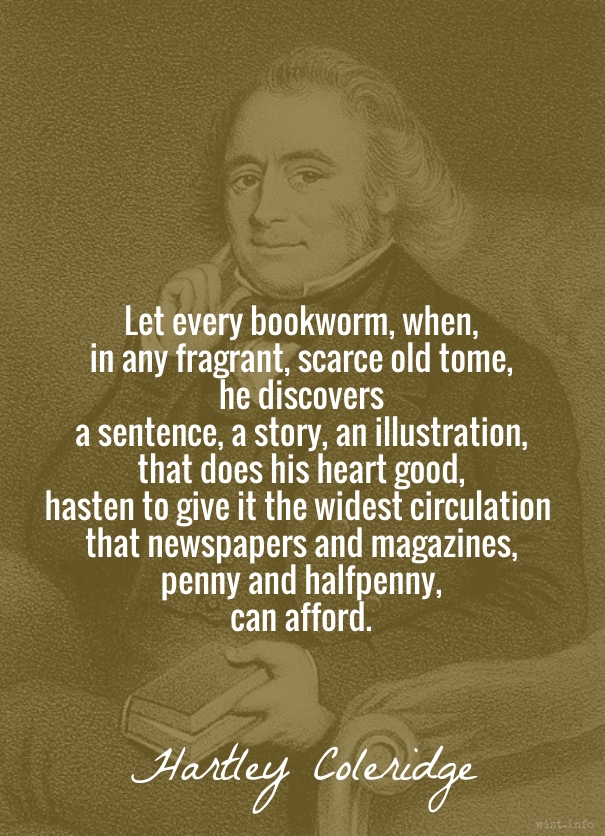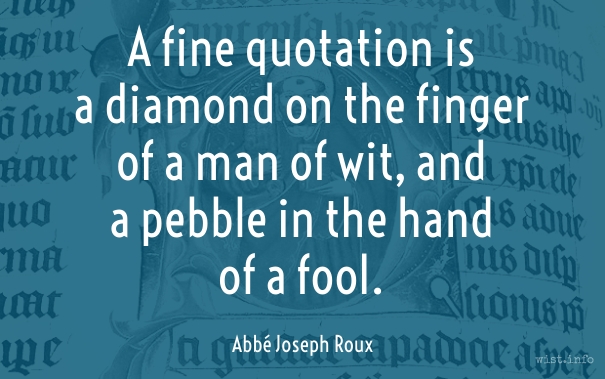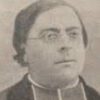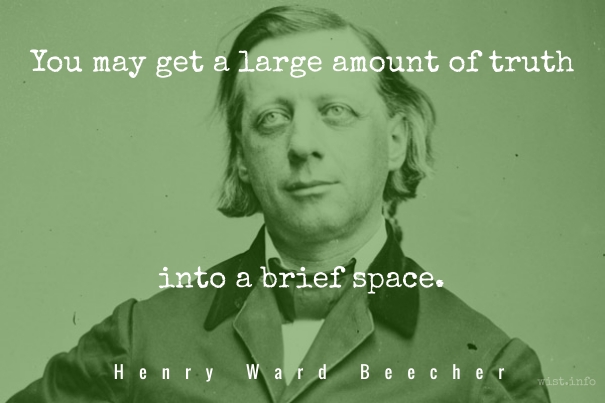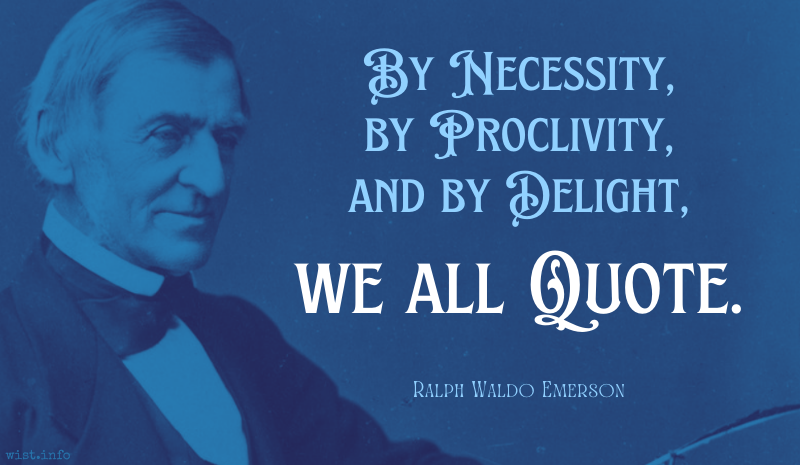Everything has been said, and we have come too late, now that men have been living and thinking for seven thousand years and more.
[Tout est dit, et l’on vient trop tard depuis plus de sept mille ans qu’il y a des hommes qui pensent.]Jean de La Bruyère (1645-1696) French essayist, moralist
The Characters [Les Caractères], ch. 1 “Of Works of the Mind [Des Ouvrages de l’Esprit],” § 1 (1.1) (1688) [tr. Stewart (1970)]
(Source)
Opening line of the book. La Bruyère's timeline is that of medieval scholars who calculated, from the Bible, that the age of the world to be only several thousand years old.
(Source (French)). Alternate translations:
We are come too late, after above seven thousand years that there have been men, and men have thought, to say any thing which has not been said already.
[Bullord ed. (1696)]
After above seven thousand Years, that there have been Men, and Men have thought, we come too late to say any thing which has not been said already.
[Curll ed. (1713)]
We are come too late, by several thousand Years, to say any thing new in Morality.
[Browne ed. (1752)]
After above seven thousand years, during which there have been men who have thought, we come too late to say anything that has not been said already.
[tr. Van Laun (1885)]
Quotations about:
quotation
Note not all quotations have been tagged, so Search may find additional quotes on this topic.
Generally speaking, men are influenced by books which clarify their own thought, which express their own notions well, or which suggest to them ideas which their minds are already predisposed to accept.
Carl L. Becker (1873-1945) American historian
The Declaration of Independence, ch. 2 “Natural Rights Philosophy” (1922)
(Source)
“Horace or Boileau have said such a thing before you.” — “I take your word for it, but I have used it as my own. May I not have the same correct thought after them, as others may have after me?”
[Horace ou Despréaux l’a dit avant vous. — Je le crois sur votre parole; mais je l’ai dit comme mien. Ne puis-je pas penser après eux une chose vraie, et que d’autres encore penseront après moi?]
Jean de La Bruyère (1645-1696) French essayist, moralist
The Characters [Les Caractères], ch. 1 “Of Works of the Mind [Des Ouvrages de l’Esprit],” § 69 (1.69) (1688) [tr. Van Laun (1885)]
(Source)
(Source (French)). Alternate translations:
Horace and Boileau have said such a thing before you. I take your word for't, but I said it as my own, and may not I think a just thought after them, as others may do the same after me?
[Bullord ed. (1696)]
HORACE or BOILEAU have said such a thing before you: I take your word for it, but I said it as my own, and may not I think a just Thought after them, as others may do the same after me?
[Curll ed. (1713)]
Horace or Boileau have said such a thing before you. I take your Word, for it, but I said it as my own, and may not I have the same just Thought after them, as others may have it after me?
[Browne ed. (1752)]
Horace or Boileau said it before you. -- I take your word for that; but I said it as my own. Cannot I, after them, have a true thought, and one which others will think after me?
[tr. Stewart (1970), § 68]
The next best thing to being clever is being able to quote some one who is.
Mary Pettibone Poole (fl. 1930s) American aphorist
A Glass Eye at a Keyhole, “Excess Prophets” (1938)
(Source)
I protest, for about the hundredth time, against the slipshod method of quoting a mere author’s name, without any indication of the work of that author in which the alleged quotation may be found. Let us have accurate quotations and exact references, wherever such are to be found. […] A quotation without a reference is like a geological specimen of unknown locality.
Walter William Skeat (1835-1912) British philologist and cleric
Notes and Queries, 6th Series, vol. 9 (1884-06-21)
(Source)
What is originality? Undetected plagiarism. This is probably itself a plagiarism, but I cannot remember who said it before me. If originality means thinking for oneself, and not thinking differently from other people, a man does not forfeit his claim to it by saying things which have occurred to others.
William Ralph Inge (1860-1954) English prelate [Dean Inge]
London Evening Standard (1927)
Parallel to this, in James Marchant, ed., Wit and Wisdom of Dean Inge (1927), Inge is cited as saying, "Originality, I fear, is too often only undetected and frequently unconscious plagiarism."
The sentiment is, appropriately, not original with Inge; see here for more discussion and earlier uses.
Shake was a dramatist of note:
He lived by writing things to quote.H. C. Bunner (1855-1896) American novelist and poet [Henry Cuyler Bunner]
“Shake, Mulleary and Go-ethe”
(Source)
Referring to Shakespeare, who is quite quotable (and, in the rest of the poem, referencing Molière and Goethe, the last of which he rhymes with "teeth"). More information on the poem at the Source link.
Sometimes paraphrased, "Shakespeare was a dramatist of note / Who lived by writing things to quote."
The aphorism is a personal observation inflated into a universal truth, a private posing as a general. A proverb is anonymous human history compressed to the size of a seed.
Stefan Kanfer (1933-2018) American writer, editor, journalist
“Proverbs or Aphorisms,” Time (11 Jun 1983)
(Source)
The essence of aphorism is the compression of a mass of thought and observation into a single saying. It is the very opposite of dissertation and declamation; its distinction is not so much ingenuity, as good sense brought to a point.
John Morley (1838-1923) English statesman, journalist, writer [John, Viscount Morley]
“Aphorisms,” speech, Edinburgh (1887)
(Source)
My quarrel with him is, that his works contain nothing worth quoting; and a book that furnishes no quotations is, me judice, no book — it is a plaything.
Thomas Love Peacock (1785-1866) English novelist, satirist, poet, merchant
Crochet Castle, ch. 9 (1831)
(Source)
Why are not more gems from our early prose writers scattered over the country by the periodicals? Selections are so far from preventing the study of the entire authors that they promote it. Who could read the extracts which Lamb has given from Fuller, without wishing to read more of the old Prebendary? But great old books of the great old authors are not in every body’s reach; and though it is better to know them thoroughly than to know them only here and there, yet it is a good work to give a little to those who have neither time nor means to get more. Let every bookworm, when, in any fragrant, scarce old tome, he discovers a sentence, a story, an illustration, that does his heart good, hasten to give it the widest circulation that newspapers and magazines, penny and halfpenny, can afford.
Hartley Coleridge (1796-1849) English poet, biographer, essayist, teacher
Biographia Borealis: or, Lives of Distinguished Northerns, “Roger Ascham” (1833)
(Source)
Speaking of the practice of including brief extracts -- quotations -- from famous authors in magazines and newspapers to fill up columns or create a break between stories. Ironically, this extracted quotation -- slightly paraphrased -- was widely circulated in the mid-late 19th and early 20th Century misattributed to his father, Samuel Taylor Coleridge, or simply labeled as "Coleridge" without citation, leading to the same confusion.
Usually quoted more succinctly as: "Why are not more gems from our great authors scattered over the country? Great books are not in everybody's reach; and though it is better to know them thoroughly, than to know them only here and there; yet it is a good work to give a little to those who have neither time nor means to get more. Let every bookworm, when in any fragrant, scarce old tome he discovers a sentence, a story, an illustration, that does his heart good, hasten to give it."
A fine quotation is a diamond on the finger of a man of wit, and a pebble in the hand of a fool.
Joseph Roux (1834-1886) French Catholic priest
Meditations of a Parish Priest: Thoughts, Part 1, #74 (1886)
(Source)
Almost every wise saying has an opposite one, no less wise, to balance it.
George Santayana (1863-1952) Spanish-American poet and philosopher [Jorge Agustín Nicolás Ruíz de Santayana y Borrás]
The Life of Reason or The Phases of Human Progress, Vol. 5 “Reason in Science,” ch. 8 “Prerational Morality” (1905)
(Source)
When we are convinced of some great truths, and feel our convictions keenly, we must not fear to express it, although others have said it before us. Every thought is new when an author expresses it in a manner peculiar to himself.
I am reminded of the professor who, in his declining hours, was asked by his devoted pupils for his final counsel. He replied, “Verify your quotations.”
Winston Churchill (1874-1965) British statesman and author
The Second World War, Vol. 4: The Hinge of Fate (1951)
(Source)
In fact, nothing is ever said that has not been said before.
[Nullum est iam dictum quod non dictum sit prius.]
Terence (186?-159 BC) African-Roman dramatist [Publius Terentius Afer]
The Eunuch [Eunuchus], l. 41, Prologue (161 BC) [tr. Bolton (2019)]
(Source)
Alternate translations:
- "In short, there's Nothing say'd , but what before / May have been say'd." [tr. Cooke (1755)]
- "In fine, nothing can be said now, that may not have been said before." [tr. Patrick (1767)]
- "Nothing's said now, but has been said before." [tr. Coleman (1768)]
- "In fine, nothing is said now that has not been said before." [tr. Riley (1853)]
- "Ah, there is nothing new beneath the sun, / Whatever is, or may be, has been done." [tr. Rose (1870)]
- "In fact nothing is said that has not been said before." [tr. Sargeaunt (1918)]
- "The bottom line: you can't say anything that's never been said before." [tr. Christenson (2012)]
- There's nothing ever said, unsaid before. [tr. Bolton (2019), shortened Prologue]
Whatever is well said by another, is mine.
I ask for your indulgence when I march out quotations. This is the double syndrome of men who write for a living and men who are over forty. The young smoke pot — we inhale from our Bartlett’s.
QUOTATION, n. The act of repeating erroneously the words of another. The words erroneously repeated.
Ambrose Bierce (1842-1914?) American writer and journalist
The Devil’s Dictionary, “Quotation” (1911)
(Source)
Our debt to tradition through reading and conversation is so massive, our protest or private addition so rare and insignificant, — and this commonly on the ground of other reading or hearing, — that, in a large sense, one would say there is no pure originality. All minds quote. Old and new make the warp and woof of every moment. There is no thread that is not a twist of these two strands. By necessity, by proclivity, and by delight, we all quote.
Ralph Waldo Emerson (1803-1882) American essayist, lecturer, poet
“Quotation and Originality,” Letters and Social Aims (1876)
(Source)
She had a pretty gift for quotation, which is a serviceable substitute for wit.
W. Somerset Maugham (1874-1965) English novelist and playwright [William Somerset Maugham]
“The Creative Impulse” (1931)
(Source)
The original version of the story in Harper's Bazaar (Aug 1926) does not include this phrase. (The story may also be the origin of the phrase "who-done-it" / "whodunit" for a mystery.)
Variant: "The ability to quote is a serviceable substitute for wit."
The even-more-brief "Quotation is a serviceable substitute for wit" is often misattributed to Oscar Wilde, George Bernard Shaw, and Voltaire; it is not found in their works.
More discussion about this quotation: Quotation Is a Serviceable Substitute for Wit – Quote Investigator.





